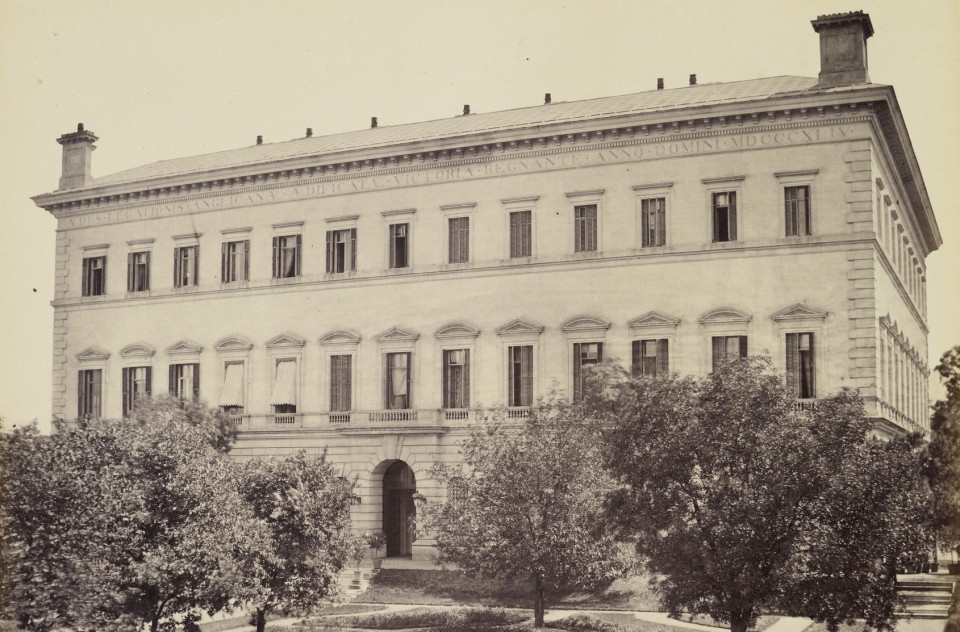
The British Council has published a report, to coincide with the 400th anniversary of William Shakespeare’s death entitled “All the World’s.” A full copy can be accessed here and is well worth a read by public diplomacy professionals and culture vultures alike. The report looks at how Shakespeare is viewed around the globe and the role his work can play to support the UK’s soft power.
The Shakespeare Lives campaign, led by the British Council in partnership with the FCO, VisitBritain and the GREAT campaign, is a global celebration of the influence of William Shakespeare on culture, language, education and society in this, the 400th year since his death. Once again, Britain’s cultural heritage and artistry is being masterfully showcased on the world stage.
The British Council’s report reveals a number of important insights into international perceptions of Shakespeare and how this impacts on how the world sees Britain in the world. The research shows that Shakespeare is now more popular in many other countries, including in major high growth economies and places of increasing geopolitical influence like India, than he is in the UK.
There is a strong association between liking Shakespeare and having a positive view of the UK and are therefore more likely to visit Britain as tourists or students and trade with British companies. 70% of those surveyed whose opinion of the UK is positively influenced by Shakespeare said that they want to visit the UK as a tourist, compared to only 37% of those whose opinion is negatively influenced by him. In this sense Shakespeare not only a soft power asset in itself but also acts a pathway into further appreciation of other aspects of contemporary UK culture.
The British Council’s report also makes a number of recommendations.
- People’s enjoyment of Shakespeare in their own languages suggests translations of his writing are likely to be an important way of improving his standing overseas.
- Shakespearean adaptations can form a valuable part of the UK’s international cultural festivals and seasons, such as the UK–India Season of Culture
- The research suggests that, for some people, experiencing adaptations of Shakespeare’s plays can have a more positive impact than studying them in school.
The Bard has universal appeal and his narratives speak to deeper human experiences that are understood and enjoyed in many different cultures and languages, although the Russian writer Leo Tolstoy hated him for his lack of historic and moral certainty. The German writer Goethe saw Shakespeare’s work as a rejection of French classicism and Christianity whilst Coriolanus was banned in US occupied Germany in 1945 because of its militaristic overtones and its use as a rallying cry by Fascists in the 1930s. It is this universality that has meant Shakespeare remains relevant to millions across the globe and continues to remain one of this country’s finest cultural exports.
